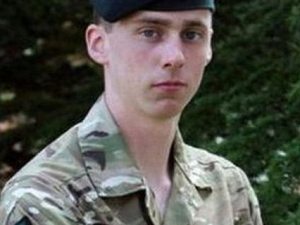
By Rod Minchin, Press Association
Live shooting exercises at an Army range where a young soldier died were often poorly planned, a court martial heard.
Ranger Michael Maguire, of the 1st Battalion, Royal Irish Regiment, was one of several soldiers who came under machine gun fire during the exercise at the Castlemartin Training Area in Pembrokeshire in May 2012.
The 21-year-old, from County Cork, Ireland, was shot in the forehead and killed during the exercise which was preparing the troops for deployment to Kenya.
Captain Jonathan Price, 32, now of the 2nd Battalion, Royal Irish, is accused of the manslaughter by gross negligence of Rgr Maguire through his failure to set up and supervise a safe exercise.
Lieutenant Colonel Richard Bell, 45, and Warrant Officer Stuart Pankhurst, 40, are both accused of negligently performing a duty.
The prosecution alleges Capt Price failed to attend a recce of the range when preparing a Range Action Safety Plan (Rasp), that he placed targets too close together and he failed to "deconflict" the two exercises.
Lt Col Bell, the senior planning officer, is accused of failing to review or counter-sign the Rasp produced by Capt Price and failing to supervise or support him.
Staff Sgt Pankhurst, who was supervising the exercise involving Rgr Maguire on Range 10A, is accused of failing to "express any caution or concern" despite having attended the recce and having knowledge of the extent of the adjacent shooting on Range 10B.
Retired Warrant Officer Sean Meaker, who was based at Castlemartin at the time of Rgr Maguire's death, criticised the quality of many Rasps prepared ahead of exercises.
"There was too many poor quality Rasps being submitted which should have not passed the proof reading stage within the author's own unit," Mr Meaker told the court martial in Bulford, Wiltshire.
He said he met Sgt Pankhurst, Sergeant Philip Barnes and a D Company officer a few weeks before the exercise started."
"We discussed all activities taking place on the range on consecutive days," Mr Meaker said.
"If I had asked for separate Rasps that would have involved copying and cutting and pasting the same information. This is the real world.
"You are going to produce a covering document detailing all the roles and responsibilities. If that is consistent I do not need to see the same documentation four times.
"What I do need to see is evidence of that detailed planning of all those activities that are taking place.
"That side of the detail was really poor with a lot of the units coming through the range.
"Every activity requires planning and planning is the most important part of the Rasp. However they pulled them together as separate Rasps or as separate annexes with a covering letter is up to them."
He said he knew the main range conducting officer, Capt Price, was not present during this meeting and would attend at a later date.
Fiona Edington, junior counsel representing Capt Price, suggested to the witness his briefing during the visit had given the soldiers the impression they only needed to produce one Rasp for the whole week.
"If that's how they left, it's how they left," Mr Meaker replied.
"It's not how I put it across to them."
Philip Barnes, who has since retired from the Army, told the court the week-long exercise would involve different types of training moving from fire teams, to sections and then the final platoon exercise.
He said he had been told by the staff at Castlemartin that only one Rasp needed to be completed for the whole week, rather than one for each separate exercise, which contradicted his previous training.
Mr Barnes said he and his colleagues discussed this when they returned to their barracks.
"I wasn't sure. Mr Price queried it too. I was a bit confused about it," Mr Barnes added.
All three defendants deny the charges and the trial before a board of seven senior officers continues.


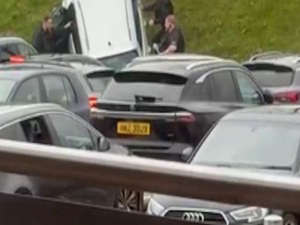 Woman charged over theft of campaigner’s car ‘must stay out of Belfast’
Woman charged over theft of campaigner’s car ‘must stay out of Belfast’
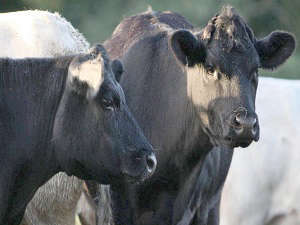 Bluetongue restrictions in Northern Ireland will be relaxed from Friday
Bluetongue restrictions in Northern Ireland will be relaxed from Friday
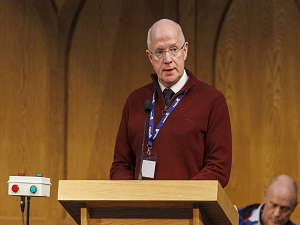 Conviction led to safeguarding review at Presbyterian Church
Conviction led to safeguarding review at Presbyterian Church
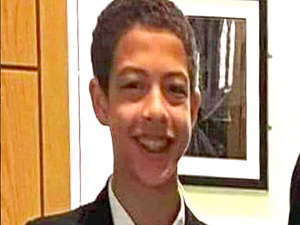 Coroner vows to keep Noah Donohoe inquest ‘on track’ for January start date
Coroner vows to keep Noah Donohoe inquest ‘on track’ for January start date
 Appeal to European Court being considered after ruling over Troubles disclosures
Appeal to European Court being considered after ruling over Troubles disclosures